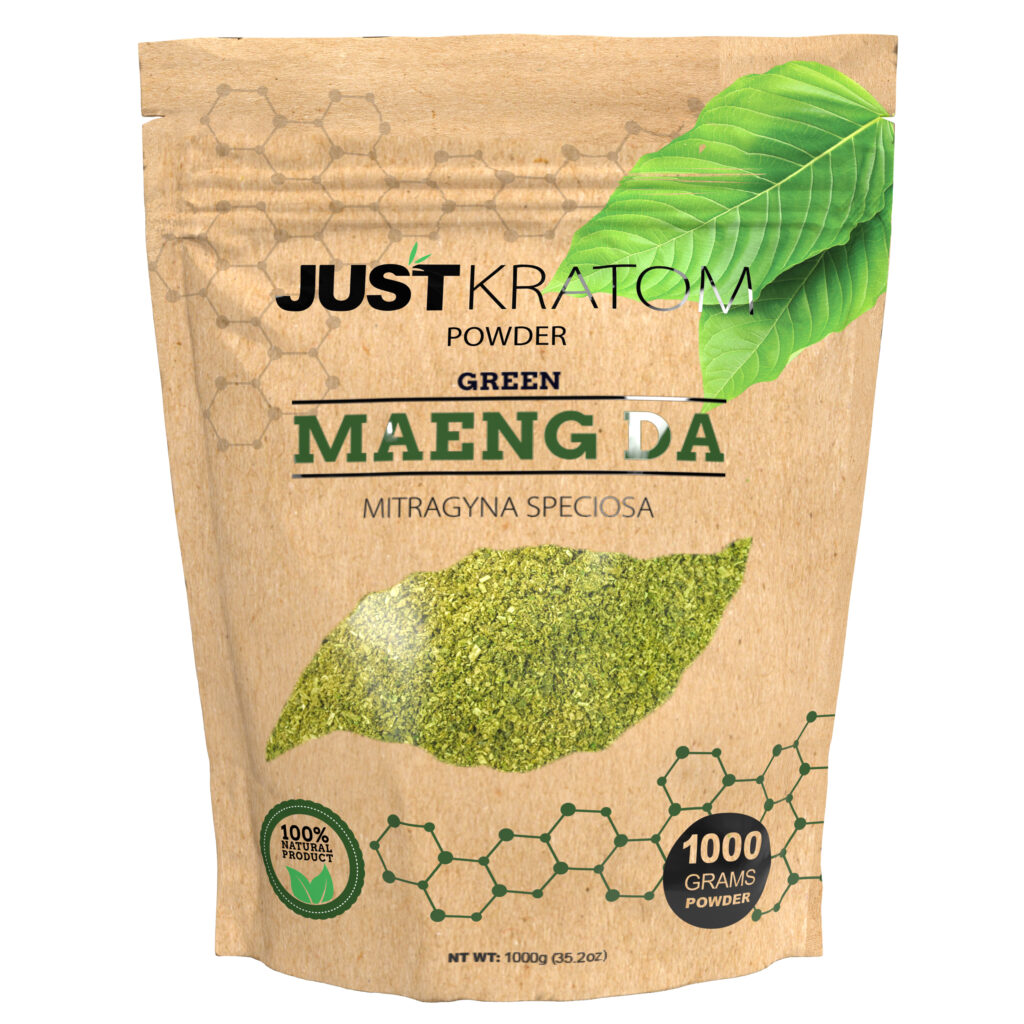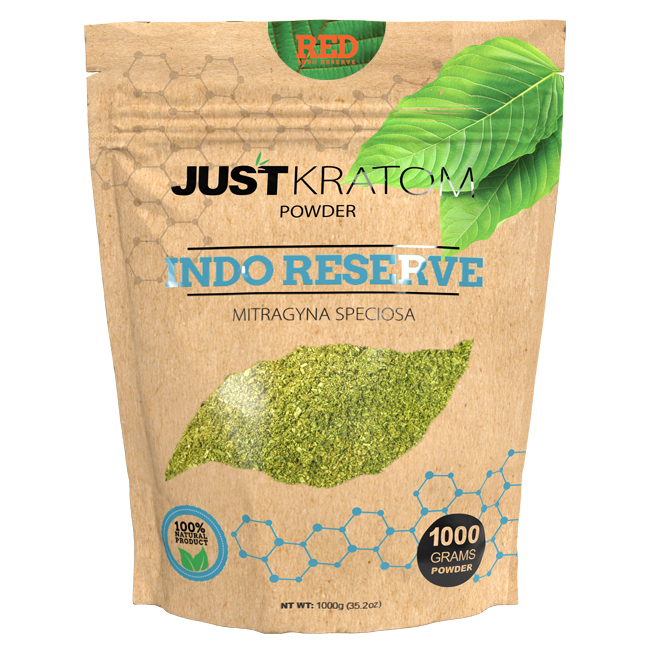Kratom and Appetite Suppression
Kratom, an herbal supplement derived from the Mitragyna speciosa tree, has gained popularity for its purported effects on mood, energy levels, and pain management. One area of interest surrounding kratom use is its potential impact on appetite.
Potential Mechanisms
While anecdotal reports suggest that kratom may have appetite-suppressing properties, the scientific evidence supporting this claim is limited. Potential mechanisms by which kratom might influence appetite include its interaction with opioid receptors in the brain. Kratom contains alkaloids, such as mitragynine and 7-hydroxymitragynine, which can bind to these receptors, potentially modulating dopamine release and influencing satiety signals.
Furthermore, kratom’s stimulant effects, attributed to its interaction with adrenergic receptors, might also contribute to appetite suppression by increasing energy expenditure and metabolic rate. However, more research is needed to fully elucidate the complex interplay between kratom alkaloids, brain mechanisms, and appetite regulation.
Short-Term Effects
It’s important to note that research on kratom’s effects on appetite is still limited. While some users report experiencing reduced appetite after consuming kratom, scientific studies investigating this specific effect are scarce.
The potential mechanisms behind kratom’s possible appetite-suppressing effects involve its interaction with opioid and adrenergic receptors in the brain. Kratom contains alkaloids that may bind to opioid receptors, potentially influencing dopamine release and affecting feelings of fullness. Additionally, kratom’s stimulant properties could lead to increased energy expenditure and metabolic rate, indirectly contributing to appetite suppression.
Due to the limited research, it is difficult to definitively say whether kratom reliably affects appetite. More studies are needed to determine the extent and nature of this potential effect.
Long-Term Effects
Kratom’s impact on appetite is a topic of ongoing investigation. While some individuals report experiencing reduced appetite after consuming kratom, scientific evidence supporting this claim remains limited.

One proposed mechanism involves kratom’s interaction with opioid receptors in the brain. Kratom alkaloids, such as mitragynine and 7-hydroxymitragynine, may bind to these receptors, potentially modulating dopamine release and influencing feelings of satiety. Additionally, kratom’s stimulant effects, attributed to its interaction with adrenergic receptors, might contribute to appetite suppression by increasing energy expenditure and metabolic rate.
However, it is crucial to emphasize that research on kratom’s specific effects on appetite is still insufficient to draw firm conclusions. Further studies are necessary to fully understand the complex interplay between kratom’s compounds, brain mechanisms, and appetite regulation.
Kratom and Appetite Stimulation
Kratom, an herbal supplement derived from the Mitragyna speciosa tree, has garnered attention for its potential effects on various physiological processes, including appetite. Some users anecdotally report experiencing decreased appetite after consuming kratom, but scientific evidence supporting this claim is limited.
Possible Explanations
Potential mechanisms by which kratom might influence appetite include its interaction with opioid receptors in the brain. Kratom contains alkaloids, such as mitragynine and 7-hydroxymitragynine, which can bind to these receptors, potentially modulating dopamine release and influencing satiety signals.
Furthermore, kratom’s stimulant effects, attributed to its interaction with adrenergic receptors, might also contribute to appetite suppression by increasing energy expenditure and metabolic rate. However, more research is needed to fully elucidate the complex interplay between kratom alkaloids, brain mechanisms, and appetite regulation.
Factors Influencing Appetite Changes
Factors influencing appetite changes can be multifaceted, encompassing physiological, psychological, and environmental influences. Physiological factors include hormonal fluctuations, nutrient availability, and gastrointestinal processes. Hormones like ghrelin and leptin play crucial roles in regulating hunger and satiety signals. Nutrient deficiencies or excesses can also impact appetite.
Psychological factors, such as stress, emotions, and learned behaviors, significantly influence eating patterns. Stress can lead to increased appetite, while anxiety or depression might suppress it. Emotional eating is a common phenomenon where food is used to cope with difficult feelings.
Environmental factors encompass external cues like meal timings, social settings, and the availability of palatable foods. Regular meal schedules can help regulate hunger cues, while social gatherings often encourage overeating. The presence of tempting foods can trigger cravings and impulsive eating.
Individual Variability and Other Considerations
The impact of kratom on appetite is a complex and multifaceted issue influenced by various individual factors and the intricate interplay between kratom’s constituents, brain mechanisms, and external stimuli.
Dosage and Strain Differences

Individual variability plays a significant role in how kratom affects appetite. Factors like body mass index (BMI), genetics, pre-existing medical conditions, and overall health status can influence an individual’s response to kratom.
Dosage also influences the potential effects on appetite. Smaller doses might produce minimal or no change in appetite, while higher doses could potentially lead to more pronounced effects, including appetite suppression. The specific strain of kratom used can also vary in its alkaloid composition, potentially leading to differences in how it impacts appetite. Some strains may be more potent than others in their potential to influence satiety signals.
Preexisting Medical Conditions
Individual variability plays a significant role in how kratom affects appetite. Factors like body mass index (BMI), genetics, pre-existing medical conditions, and overall health status can influence an individual’s response to kratom.
Preexisting medical conditions can also influence the way kratom interacts with the body. For instance, individuals with liver or kidney issues may metabolize kratom differently, potentially leading to altered effects on appetite. Those with gastrointestinal disorders might experience digestive discomfort or changes in bowel movements that could indirectly affect appetite.
It’s crucial for individuals considering kratom use to consult with a healthcare professional, especially if they have pre-existing medical conditions or are taking other medications.
Drug Interactions
Individual variability plays a significant role in how kratom affects appetite. Factors like body mass index (BMI), genetics, pre-existing medical conditions, and overall health status can influence an individual’s response to kratom.
Dosage also influences the potential effects on appetite. Smaller doses might produce minimal or no change in appetite, while higher doses could potentially lead to more pronounced effects, including appetite suppression. The specific strain of kratom used can also vary in its alkaloid composition, potentially leading to differences in how it impacts appetite. Some strains may be more potent than others in their potential to influence satiety signals.
Preexisting medical conditions can also influence the way kratom interacts with the body. For instance, individuals with liver or kidney issues may metabolize kratom differently, potentially leading to altered effects on appetite. Those with gastrointestinal disorders might experience digestive discomfort or changes in bowel movements that could indirectly affect appetite.
Order Kratom Powder from Just Kratom today
- Xela Rederm Skin Booster Treatments Near Barnes, Surrey - January 6, 2026
- Why THC Soda Is Popular Among Millennials And Gen Z - January 5, 2026
- Why Does My Lip Filler Always Migrate - January 3, 2026
